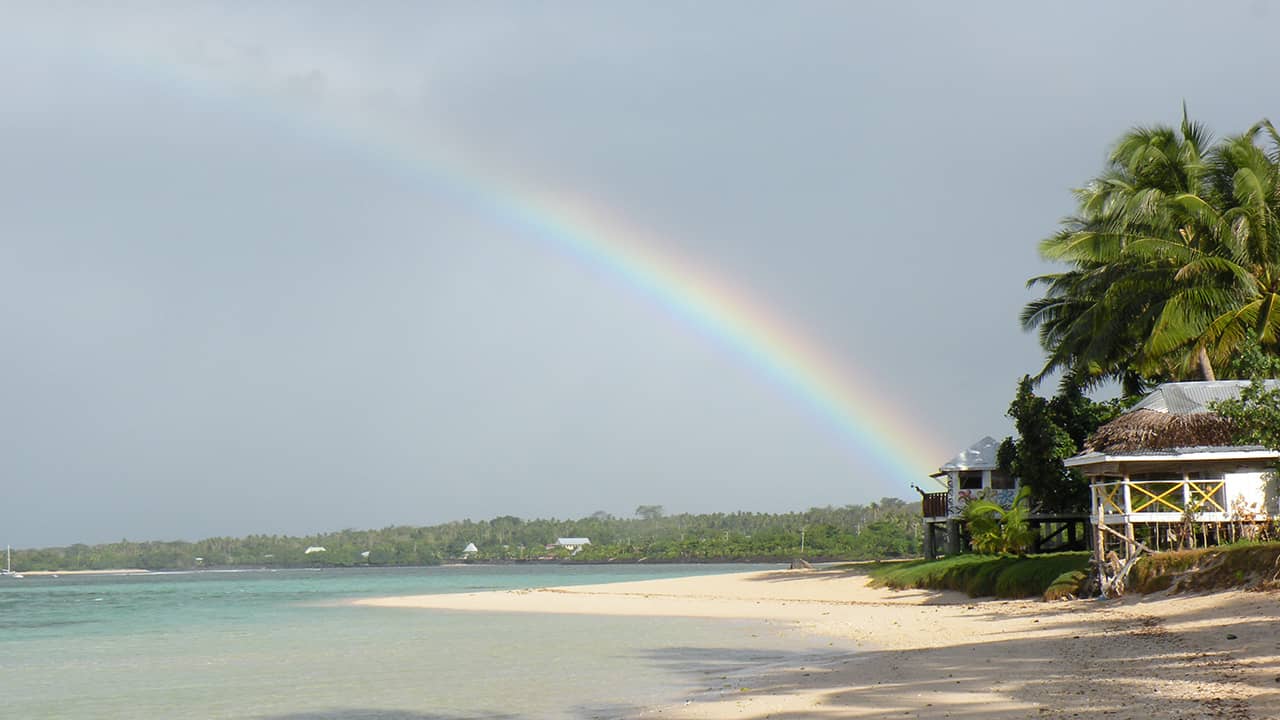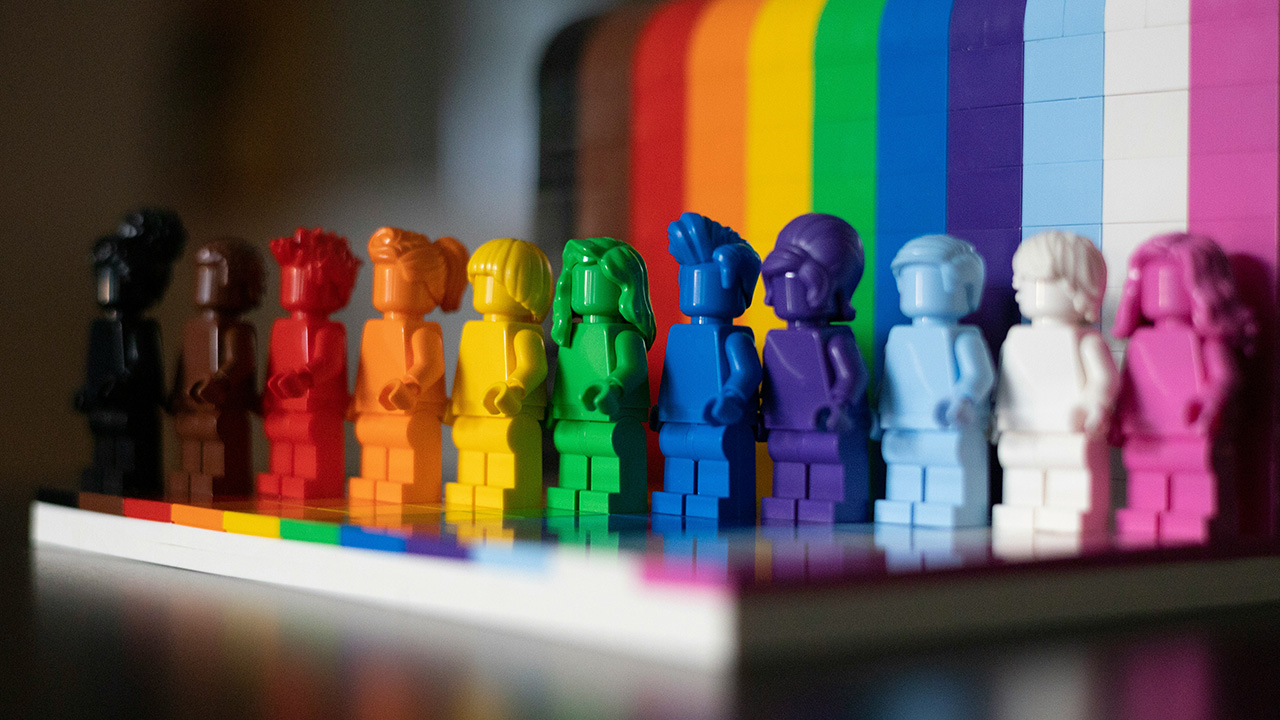
In November 2006, an international group of experts met in the Indonesian city of Yogyakarta to develop a set of principles that would apply the standards of international human rights law to the problems that affect LGBTI people. The Yogyakarta Principles, a series of international legal principles on sexual orientation and gender inclusivity that identify specific rights, and related obligations and duties that correspond to States, to ensure that LGBTI persons can exercise and enjoy their human rights, emerged from this meeting.
The Yogyakarta Principles, although not legally binding, soon became a very useful reference for parliamentarians and other relevant stakeholders and an important source of interpretation of international law. Among the rights included in the 29 Principles are the right to non-discrimination, the right to human and personal security, economic, social and cultural rights, the right to expression, opinion and association, the right to asylum and the right to participate in cultural and family life.
While these rights cover a very broad spectrum of situations and aspects of LGBTI people’ lives, a decade after their launch, these were reviewed to include elements that had been left out and different stakeholders were requesting, for example in reference to gender expression and sexual characteristics. Thus, in November 2017, the Yogyakarta Principles plus 10 (YP+10) were adopted as a supplement to the original Principles.
The YP+10 do not modify the 2006 Principles, although in the preamble of the YP+10 it is explicitly stated that sexual characteristics (an element that was absent in the original Principles) should be understood as a category protected by the Yogyakarta Principles as well, along with sexual orientation and gender inclusivity and expression. The YP+10 add nine principles to the original 29 principles, along with the addition of new obligations for States and new recommendations.
The new principles adopted by the YP+10 incorporate the right to State protection from violence and discrimination, the right to legal recognition (which affirms that States must end the registration of people’s sex/gender, but that as long as it continues to do so, a quick mechanism should be offered for people to change it), the right to bodily and mental integrity (which includes the rejection of intersex genital mutilation), the right to freedom from criminalization, the right to protection from poverty, the right to sanitation, the right to the enjoyment of human rights in relation to information and communication technologies, the right to truth about human rights violations and the right to practice, protect, preserve and revive cultural diversity.
Among the additional obligations for States contained in the YP+10 are those related to the right to participate in public life, included in the original Principles. In this area, the YP+10 incorporate the obligation for States to develop and implement affirmative action programs to promote public and political participation of people marginalized because of their sexual orientation, gender identity or expression or sexual characteristics. PGA welcomed the addition of this obligation, as it is one of the suggestions that legislators and activists shared with us to highlight in our commentary to the Committee in charge of developing the YP+10, upon the Committee’s request for suggestions to civil society.
Among the rights that still remain to be incorporated in the Yogyakarta Principles are, for example, the right of access to the marriage institution for LGBTI persons on equal terms as heterosexual couples, a right that has recently been recognized by the Inter-American Court of Human Rights. This is a right perhaps to be incorporated in a future YP+15 or YP+20?
In any case, much remains to be done to make the original Principles and the YP+10 a reality. PGA will continue working to make it so.






